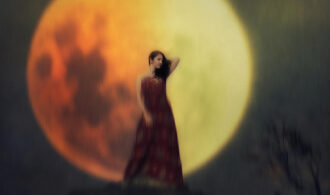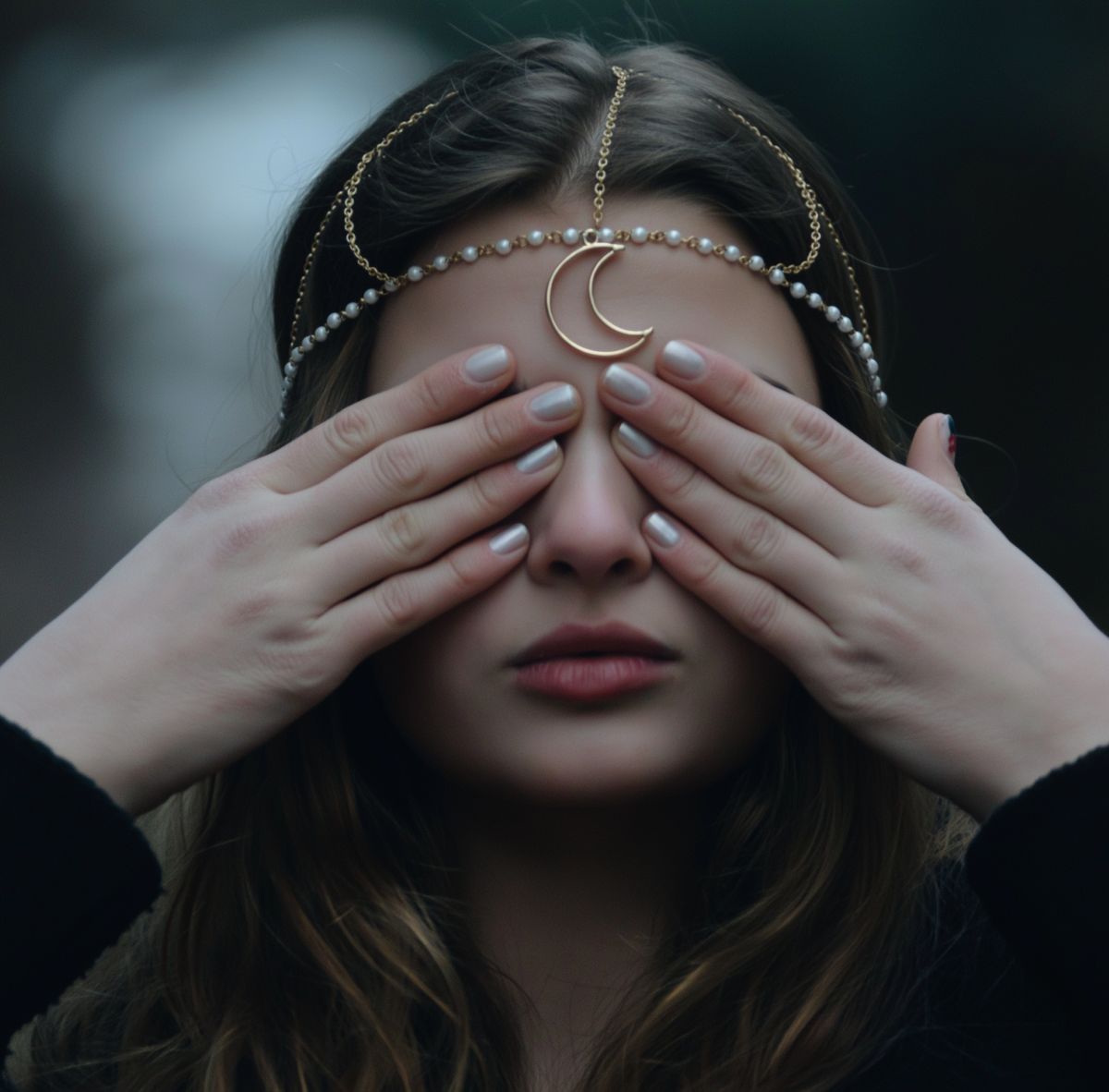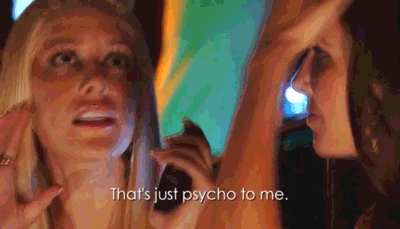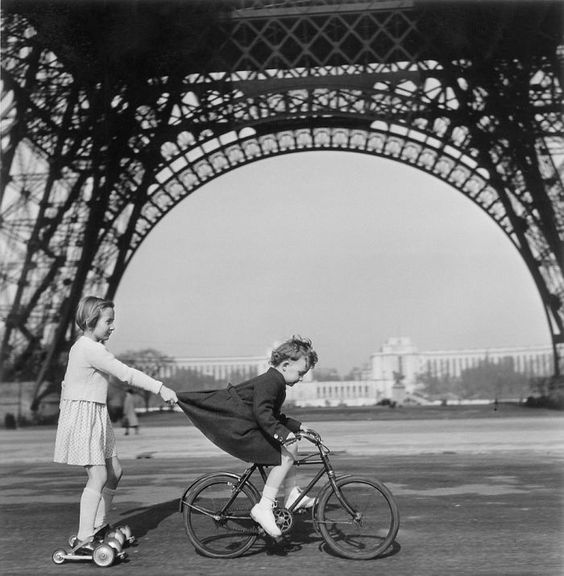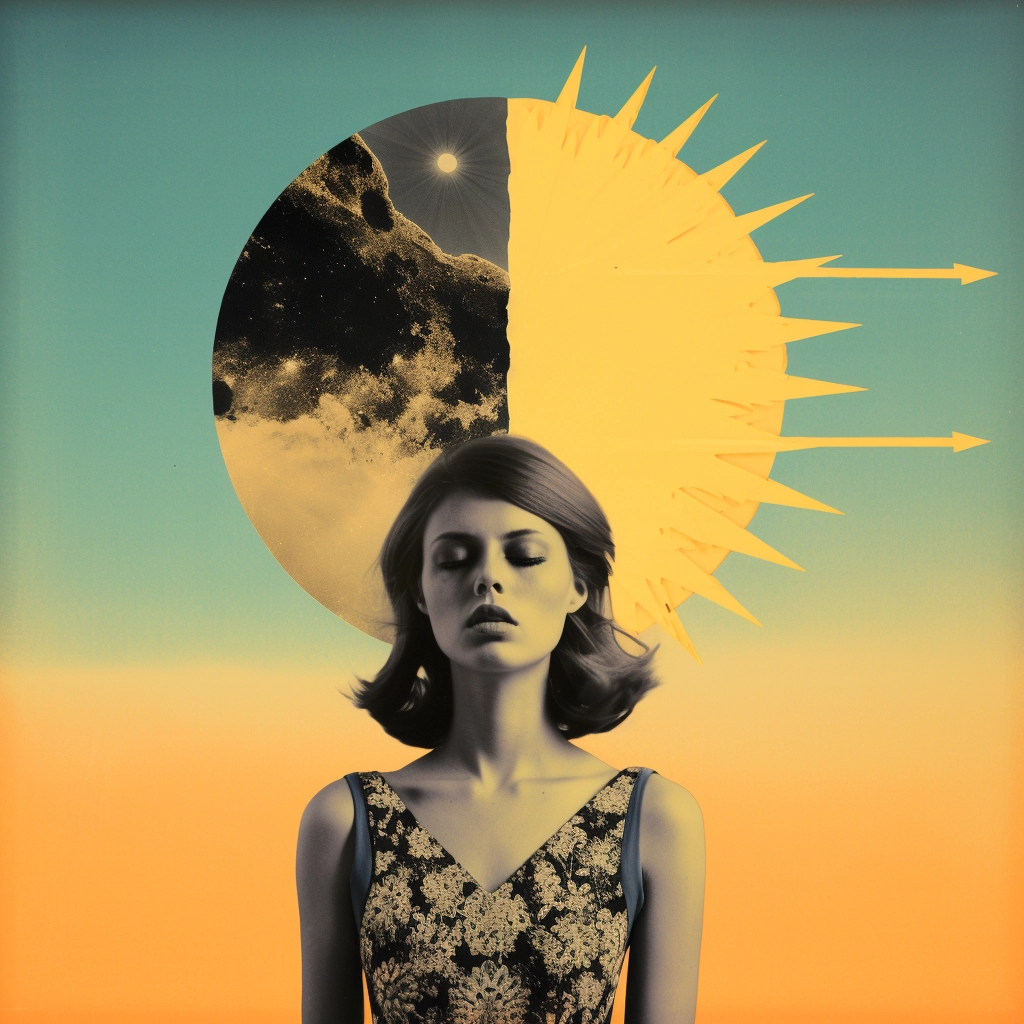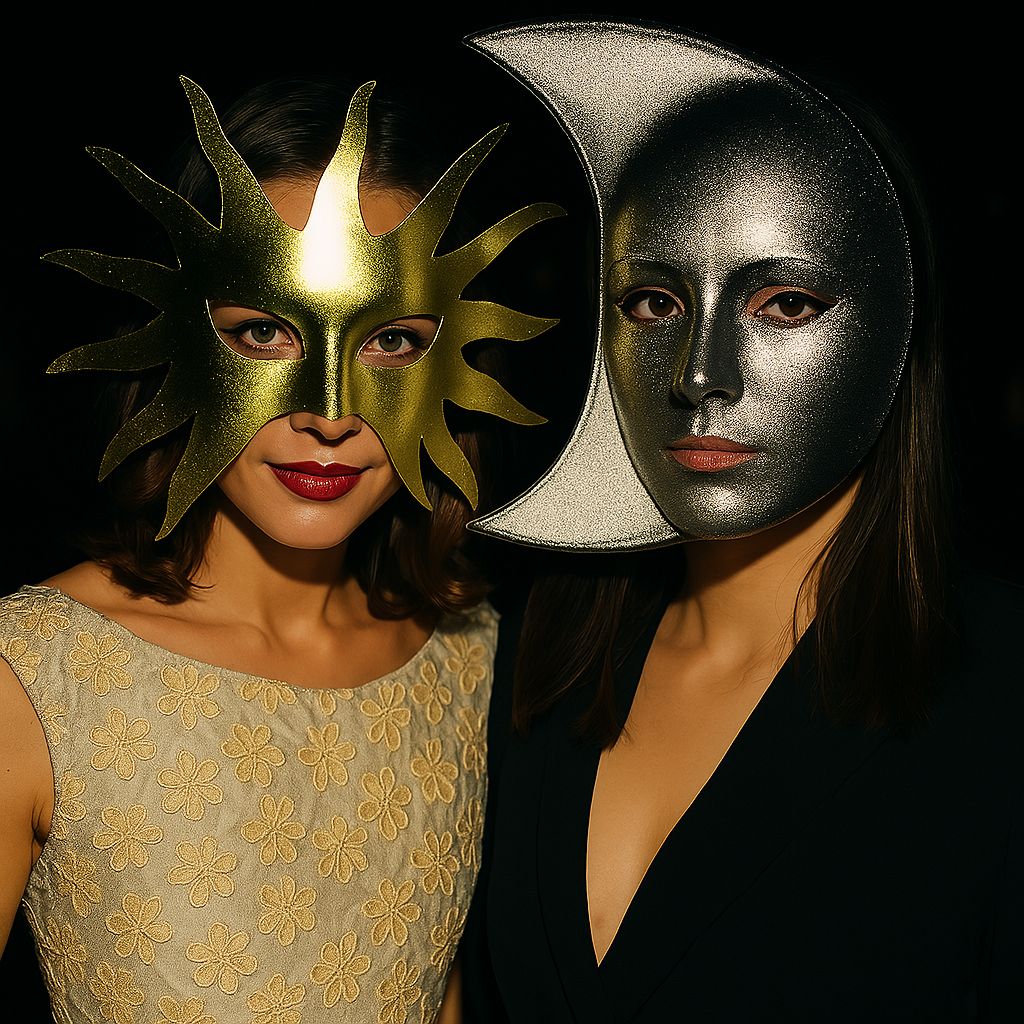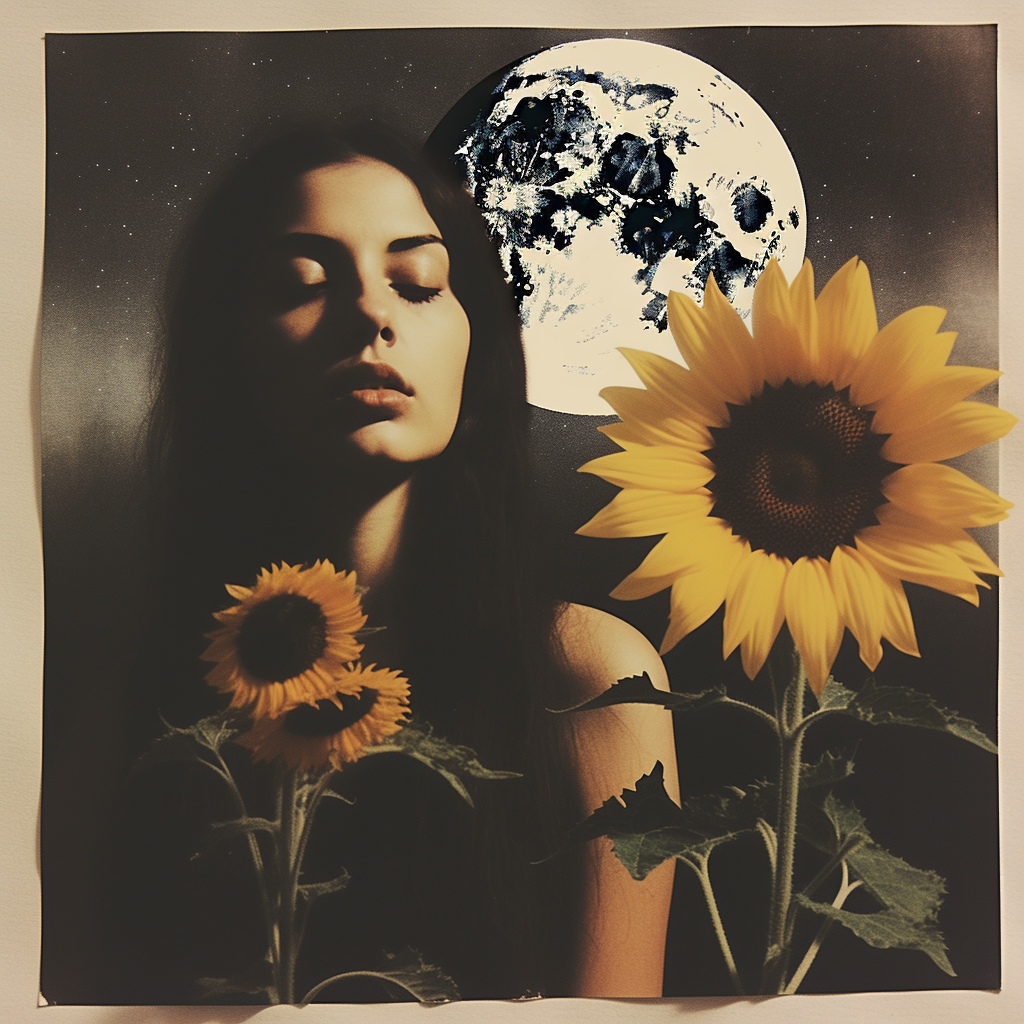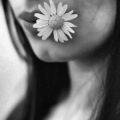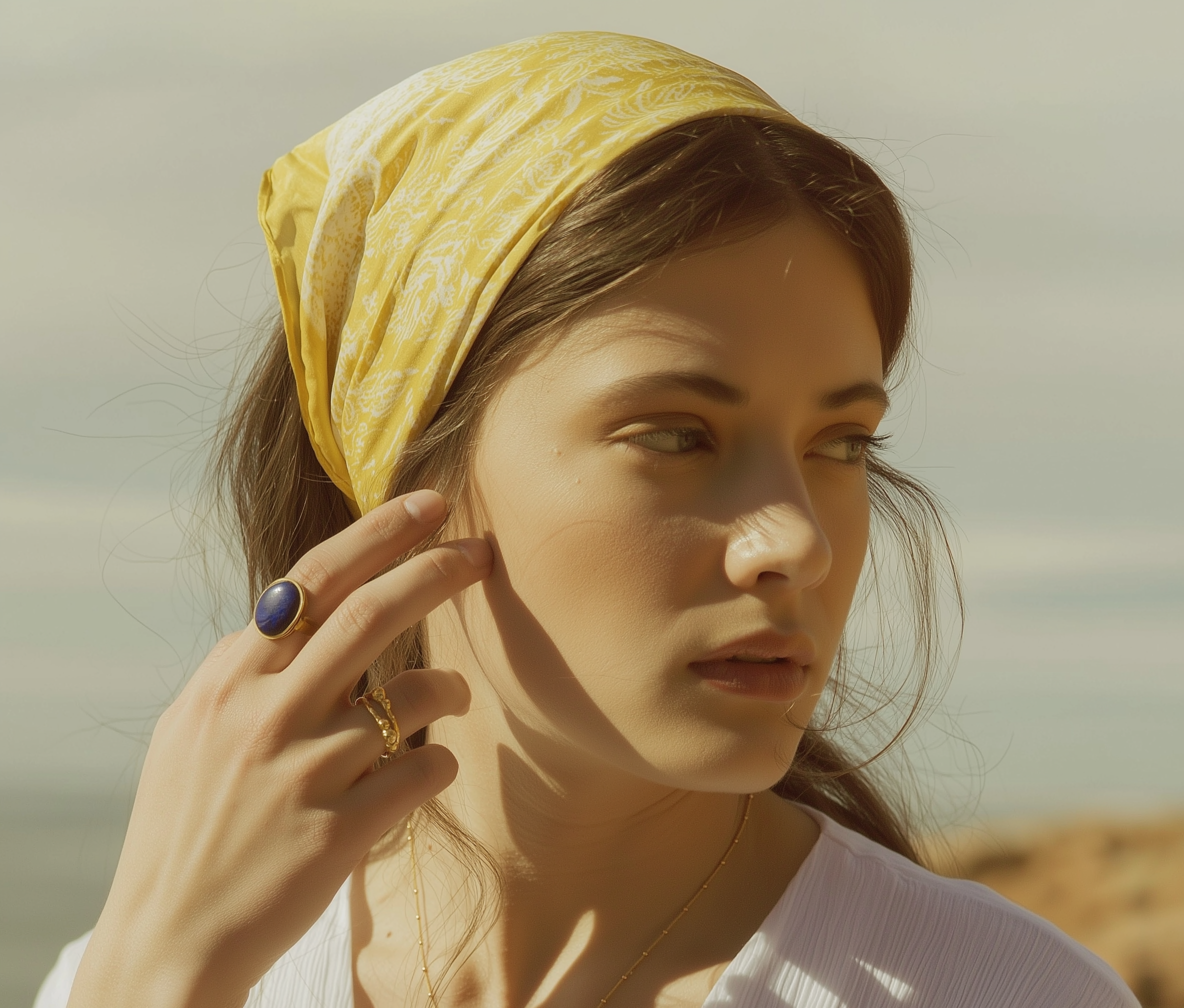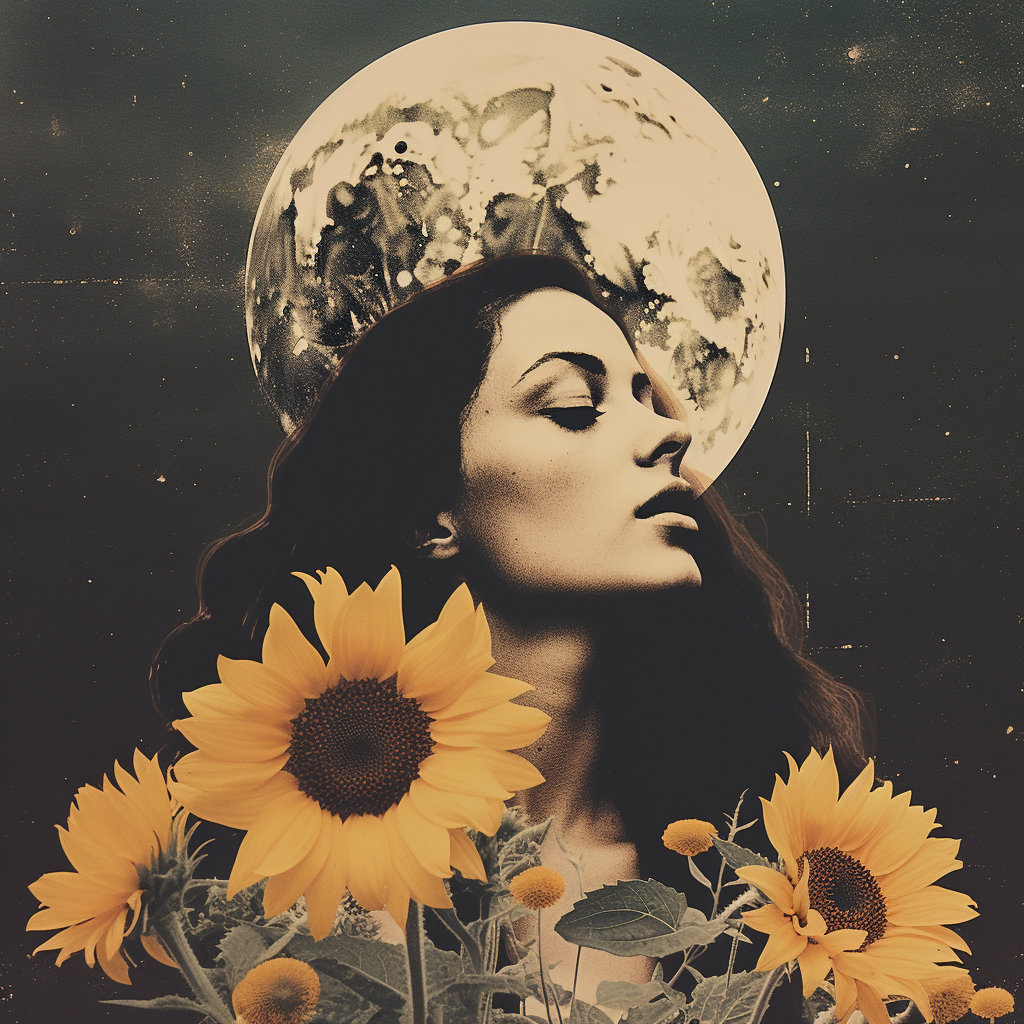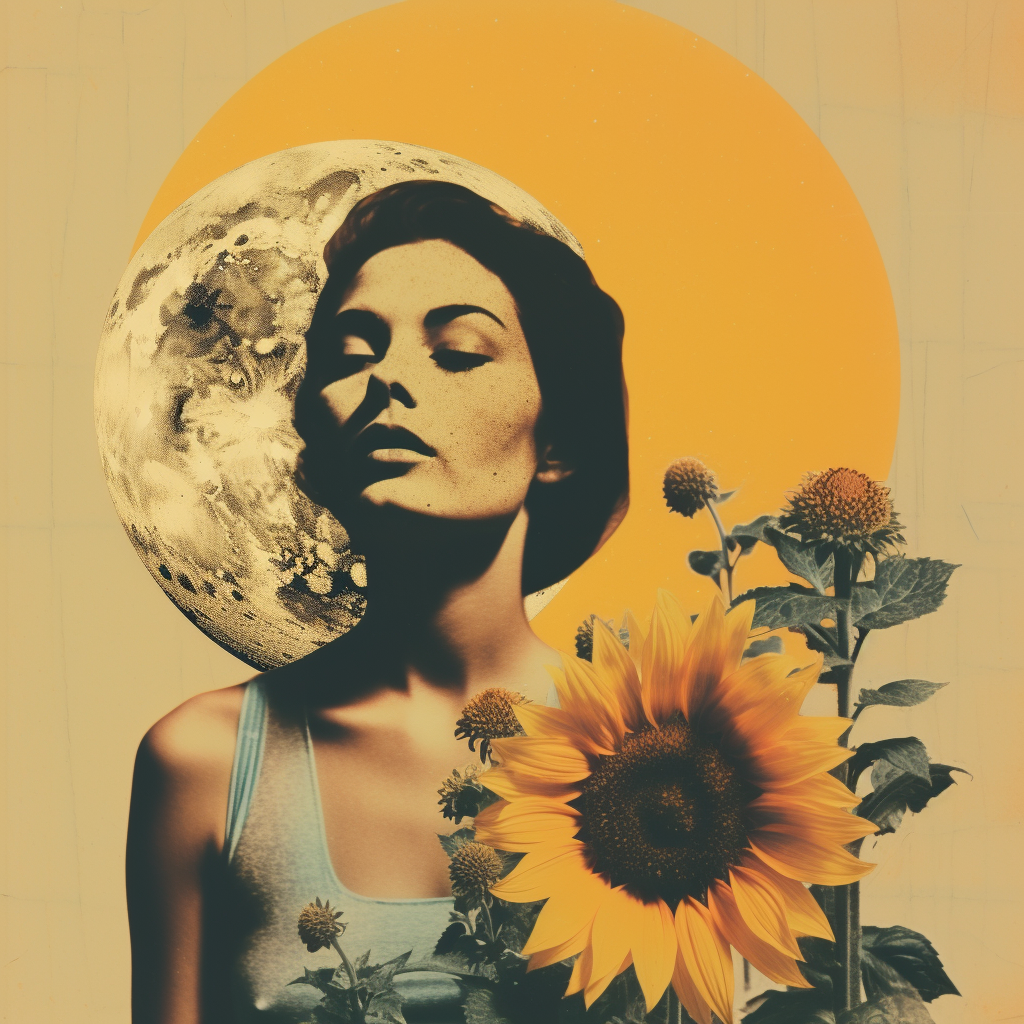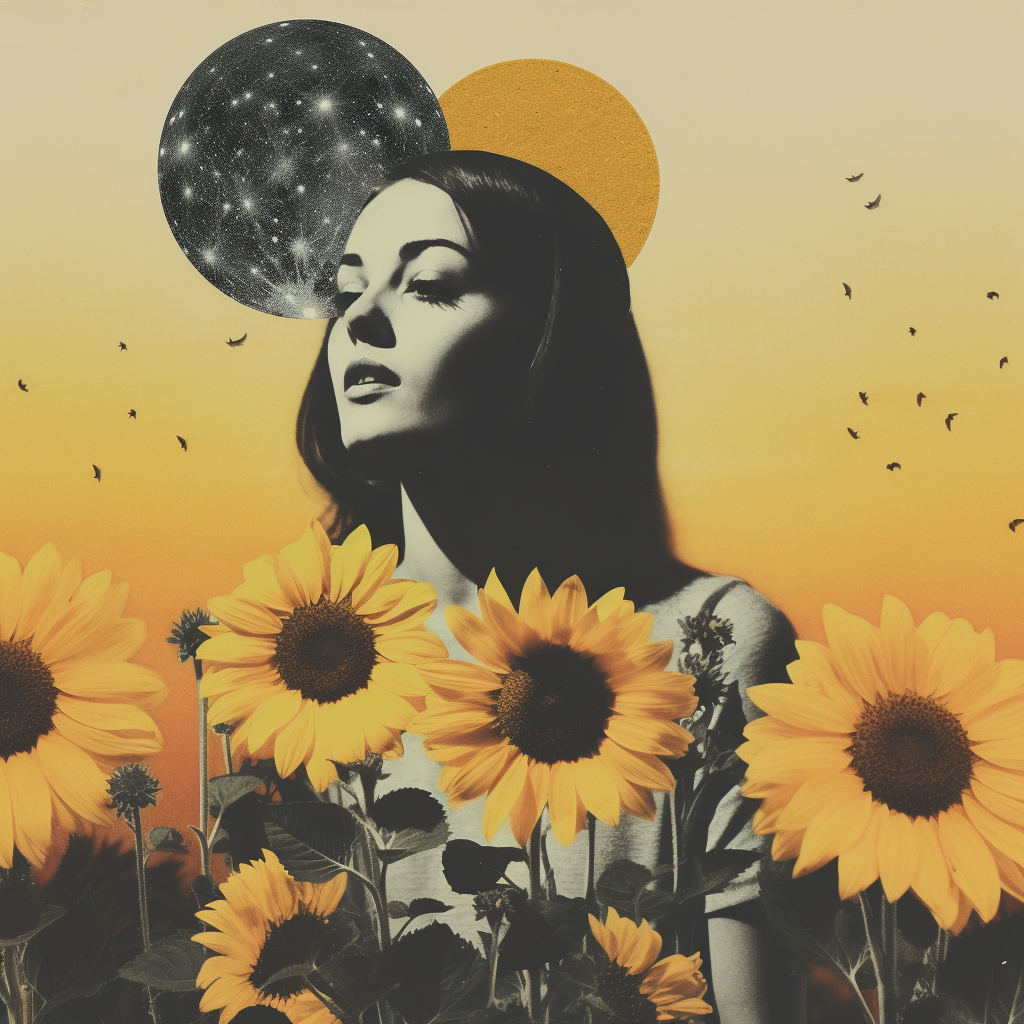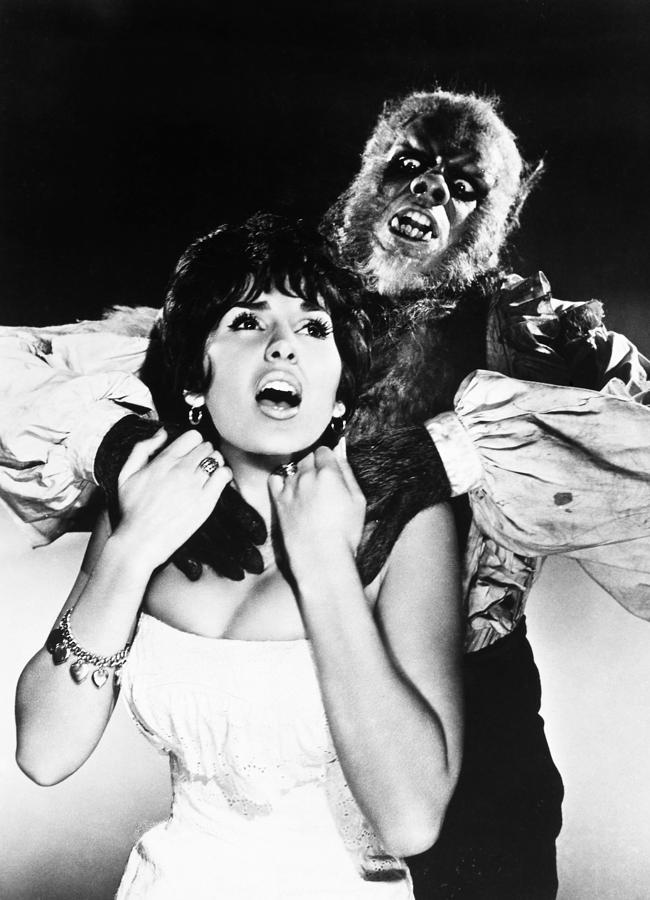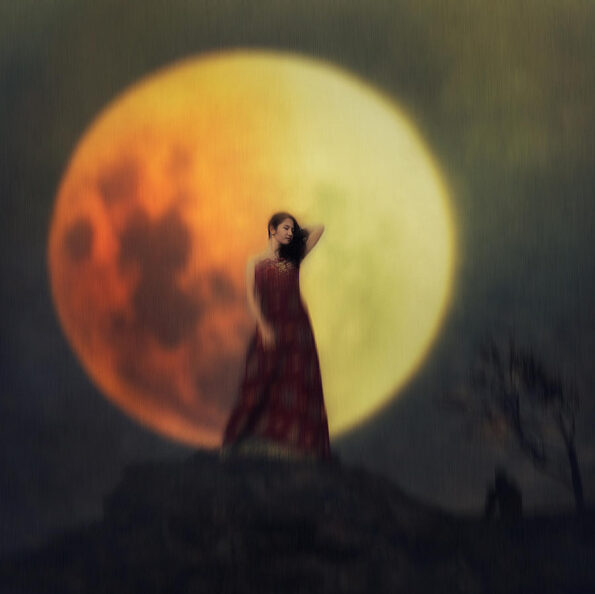 The relationship between the Sun and Moon shapes our outlook on the world. Individual goals, forward momentum, a sense of destiny, and the need to express one’s uniqueness are all characteristics of the Solar aspect of the psyche. To feel connected to other people, we must satisfy the Lunar part of our psyche, which is concerned with belonging and seeking safety. From these two perspectives, we are able to see how our own growth and the requirements of our primal selves shape our daily lives. As a result of this direct understanding, ancient astrologers believed that the Sun dominated the right eye and the Moon dominated the left in terms of how they perceived life. It was thought that eye problems would arise whenever the Sun and Moon formed a harsh aspect. Based on our understanding of psychological astrology, we can interpret this as a manifestation of the struggle to balance one’s own wants and needs, as well as a conflicting outlook on life.
The relationship between the Sun and Moon shapes our outlook on the world. Individual goals, forward momentum, a sense of destiny, and the need to express one’s uniqueness are all characteristics of the Solar aspect of the psyche. To feel connected to other people, we must satisfy the Lunar part of our psyche, which is concerned with belonging and seeking safety. From these two perspectives, we are able to see how our own growth and the requirements of our primal selves shape our daily lives. As a result of this direct understanding, ancient astrologers believed that the Sun dominated the right eye and the Moon dominated the left in terms of how they perceived life. It was thought that eye problems would arise whenever the Sun and Moon formed a harsh aspect. Based on our understanding of psychological astrology, we can interpret this as a manifestation of the struggle to balance one’s own wants and needs, as well as a conflicting outlook on life.
It is sometimes argued whether the Sun or the Moon is the more influential planet on a person’s personality, although everyone can agree that the Sun rules the centre of consciousness. It is sometimes attributed to whether the person is masculine (Sun) or feminine (Moon) to determine which pull is greater in the expression of self-hood. The Moon represents the unconscious part of ourselves; it governs our automatic impulses and the wonderful water that unites all life. This is our deepest nature, which includes both our neurotic and more caring, intuitive aspects.
Sun conjunct Moon
The Sun-Moon conjunction can be described as “A Whole-Hogger,” as noted by Charles Carter in The Astrological Aspects. Both their emotional and intellectual resources are concentrated on a single goal. In the words of some Astrologers, this personality type possesses a “extreme of temperament” and is far too subjective. The Sun-Moon psyche is sometimes seen as insular and resistant to outside counsel. Still, one feels more confident in knowing where one is going. Others might even go so far as to label the individual as being entirely focused on themselves. Sue Tompkins, in her book Aspects in Astrology: A Guide to Understanding Planetary Relationships in the Horoscope, posits the “whole-hogging” interpretation, which holds that a parent frequently fills both roles and may be unwilling to share parenthood with another (in which case, you should stop hogging the baby).
Sun square or opposite Moon
Being “too insecure” and “too indecisive” are the primary challenges of all Sun-Moon problematic aspects, therefore a lot of polarisation is occurring. Those who have the Sun in opposition to the Moon tend to be plagued by insecurity, vacillating between extremes of emotion and feeling constantly at conflict with themselves. Some astrologers think they have a skewed perspective on life and a fractured personality that’s having trouble getting their emotions and motivations to line up. Anxiety over failing due to insecurities can be a major deterrent from pursuing one’s ambitions. With this contact, the two elements of the self are divided from one another, but the individual is also sensitive and emotional, and may have some difficulties with the other sex.
Sun Trine Moon
When our masculine and feminine sides are in tune with one another, doesn’t life feel like it’s in a sweet spot? If the Sun and Moon are in harmonious union, it’s a sign that the conscious and unconscious minds are cooperating effectively. This is the “Happy Ever After” part, as described by Liz Green but it can blind the individual to actual problems. This is the masculine helping the female element, and vice versa, thus it’s very helpful, but this kind may also be extremely delusional and insist that everything is alright even if it isn’t. Without the Sun, the Moon wouldn’t be able to function properly, and without the Sun, we wouldn’t be able to control our own lives and be led by anything other than our baser instincts, needs, and insecurities. Life would lack distinction, meaning, and significance without the Sun.
